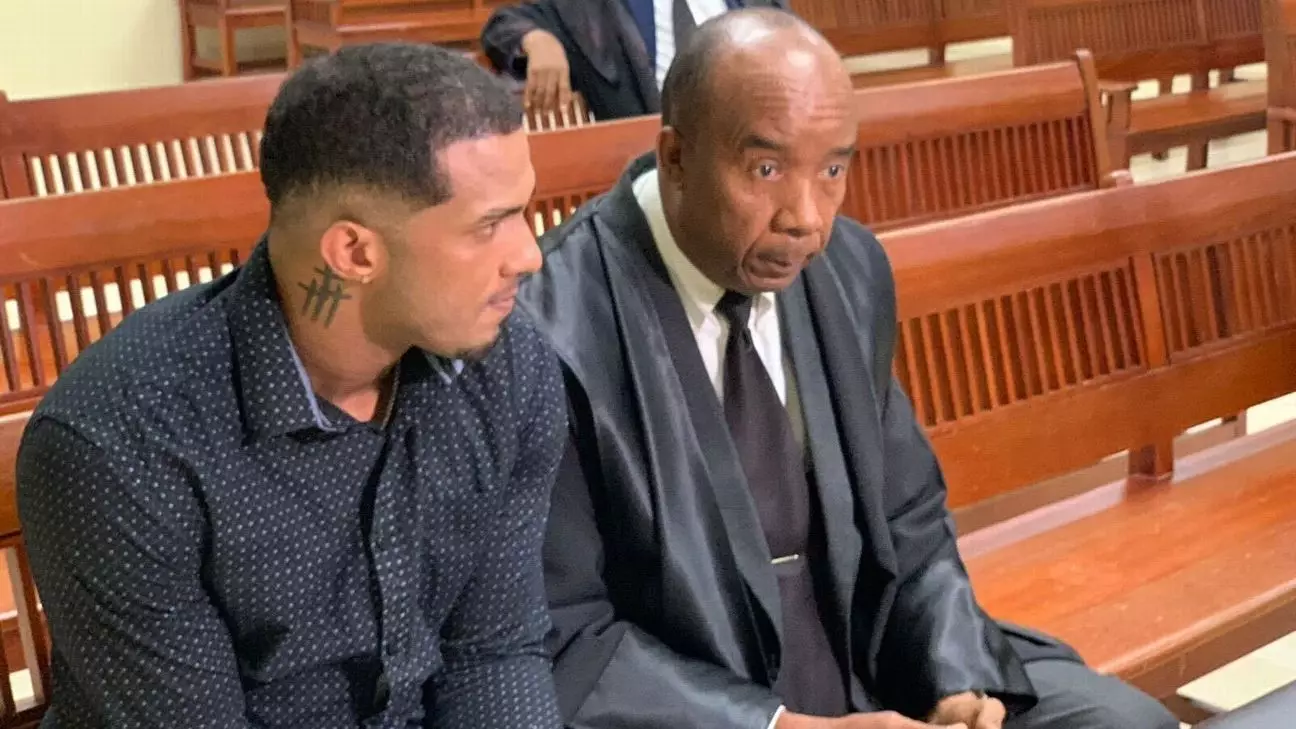The narrative surrounding Tampa Bay Rays shortstop Wander Franco highlights a complex intersection of fame, legal issues, and the societal ramifications of allegations against public figures. Set against the backdrop of professional sports, where athletes often occupy a different moral pedestal, Franco now faces serious charges including sexual abuse, sexual exploitation of a minor, and human trafficking, each carrying a potential sentence of up to 20 years in prison. The timeline for justice seems to stretch inexorably, as a recent court ruling postponed his trial until June 2, 2025, following a lack of presence from key witnesses originally slated to testify.
These developments were instigated by local prosecutors, with Judge Yacaira Veras declaring that only three of the 36 anticipated witnesses appeared on the scheduled hearing date. Such a low turnout raises questions about the robustness of the prosecution’s case, and points to a potential strategy involving delays and complications typical of high-profile legal battles. Franco’s defense attorney, Teodosio Jáquez, vehemently asserted that no case exists against the player, emphasizing the strength of the defense in the face of alleged evidence. This raises critical considerations about how both the media and the public respond to legal narratives involving celebrities.
The Effect on Franco’s Career
Franco’s legal paradigm shift has also cast a shadow over his professional trajectory. Once celebrated for his potential, having signed an 11-year, $182 million contract extension with the Rays in 2021 merely 70 games into his career, the impact of these allegations has been devastating. With MLB placing him on indefinite administrative leave, there looms the prospect of a once-promising career dissolving amid criminal allegations and workplace sanctions. His assertion that “this is not over,” in response to questions about the future of his baseball career, captures the tension between personal hope and public perception. The emotional weight of Franco’s predicament cannot be understated; it simultaneously burdens his future and influences fan sentiment regarding the sport.
In addressing his current suspension, it becomes clear that the implications extend beyond just financial or athletic consequences. The stigma associated with such serious allegations can mar reputations irrevocably, leading to vilification that persists irrespective of the eventual outcome in court. Furthermore, his remarks that evoke a desire for justice and submission to a higher power reveal the psychological coping mechanisms employed by individuals under extreme strain.
Legal Ramifications and Broader Context
The ramifications of Franco’s trial extend beyond his personal circumstances, reflecting broader societal issues related to sexual abuse, consent, and accountability in sports. The February 2023 transfer of approximately $17,000 to the mother of the alleged victim is particularly damning, as prosecutors contend that this transaction was made to secure the mother’s compliance concerning the alleged abuse. This trajectory adds layers to the narrative—highlighting issues of economic vulnerability and ethical dilemmas tied to financial exchanges in cases of abuse.
Moreover, the mother of the minor has faced charges of money laundering, suggesting a complex narrative where economic factors intertwine with alleged systemic exploitation. Allegations that substantial funds were located during police raids elevate concerns about the potential normalization of such abhorrent behaviors facilitated by wealth and stature.
The prolonged timeline of this case—trailing back to the initiation of an investigation in 2022—challenges the justice system’s efficacy, spurring conversations about its ability to handle sexual crime allegations, especially those linked to high-profile figures. The eventual trial being overseen by either a panel of three or five judges further illustrates the magnitude of this case. Adding to Franco’s woes is a separate incident involving illegal firearm possession, indicating a troubling pattern of behavior that law enforcement cannot overlook.
In a world where athletes often become larger than life figures, Wander Franco embodies the duality of fame—celebrated for success yet marred by grave allegations. As the legal proceedings stretch forward, society holds its breath, weighing the principles of justice against the potential consequences of the outcomes. Ultimately, whether Franco will reclaim his career or face the repercussions of his actions remains uncertain. However, his case serves as a crucial reminder of the darker undercurrents within professional sports and society’s role in seeking justice for those who cannot defend themselves. It is a narrative of both ambition and fragility, illustrating the complexities of human behavior under scrutiny.


Leave a Reply